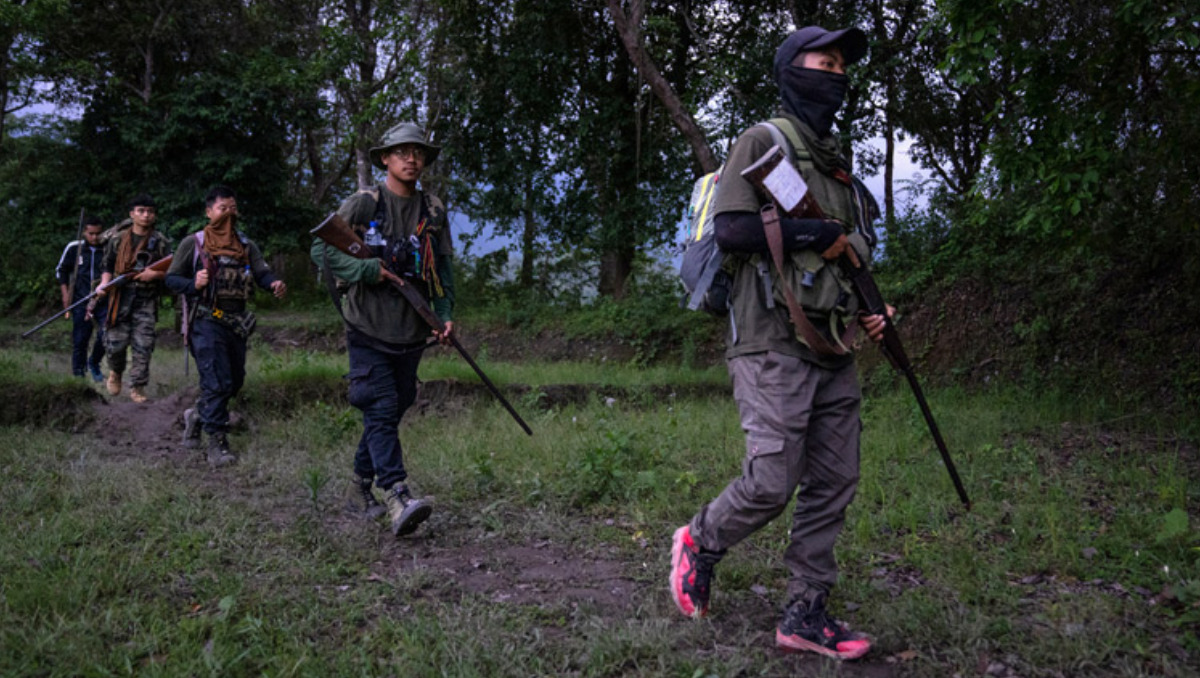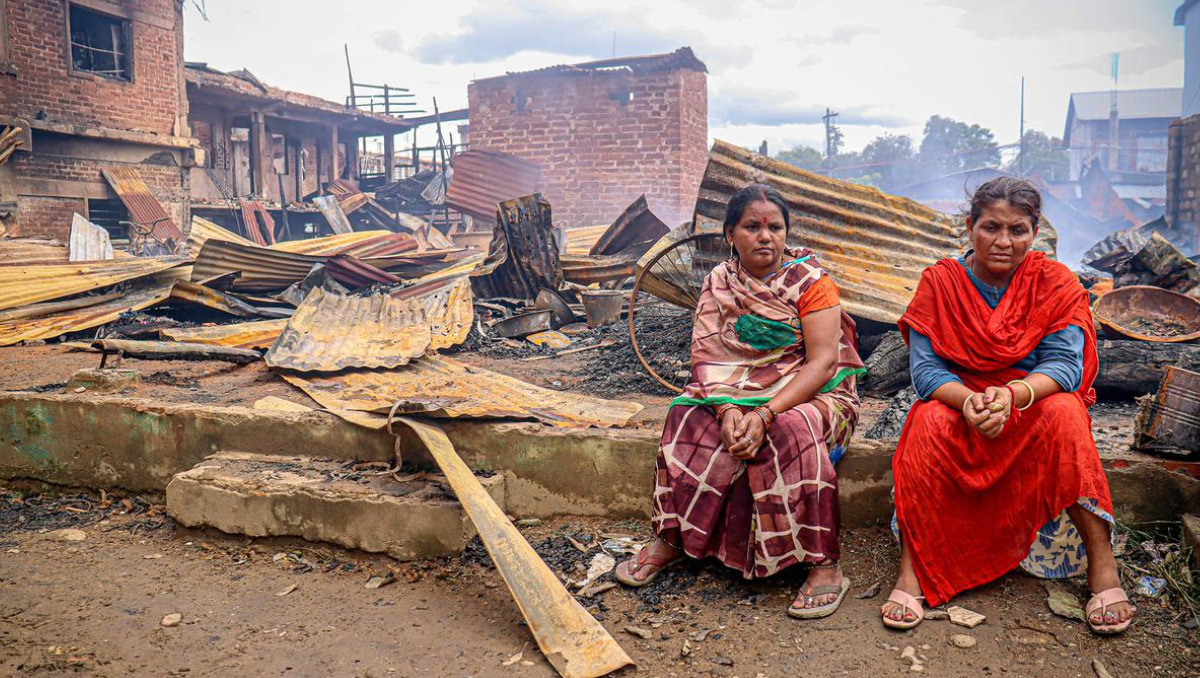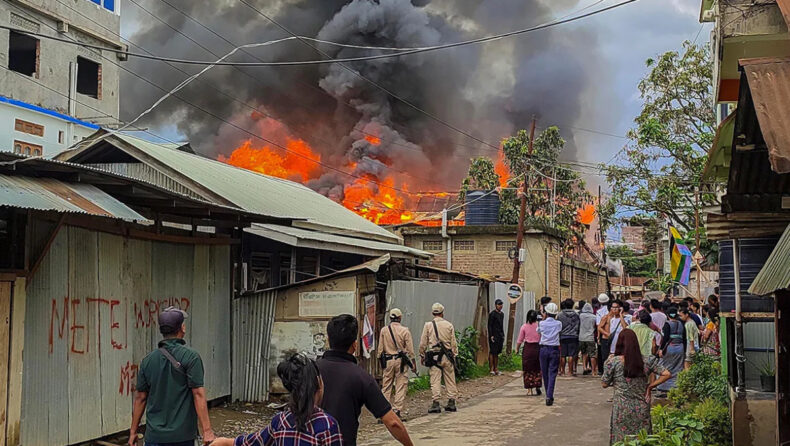In a disturbing turn of events, three members of the Kuki-Zo community were shot dead in the Kangpopki district of Manipur on Tuesday morning. Officials in Imphal report that this gruesome attack was allegedly carried out by militants from banned terror groups.
The assailants arrived in a vehicle and targeted the villagers between the Ireng and Karam areas, situated in the bordering regions of Imphal West and Kangpopki districts. This latest act of violence has added to the ongoing turmoil in Manipur, where ethnic tensions between the majority Meitei community and tribal Kukis have been escalating since May 3, claiming more than 160 lives.
Table of Contents
Rising Tensions in Manipur
The state of Manipur has been gripped by frequent clashes, reflecting deep-seated ethnic tensions that have plagued the region for several months. These tensions came to a head when a ‘Tribal Solidarity March’ was organized in the hill districts to protest the demand for Scheduled Tribe status by the majority Meitei community. Meiteis constitute approximately 53 percent of Manipur’s population and largely reside in the Imphal Valley. In contrast, tribals, including Nagas and Kukis, constitute 40 percent of the people and predominantly inhabit the hill districts.

Recent Incidents Fueling the Conflict
The recent violence has seen a series of incidents that have only exacerbated the ongoing strife. On September 8, a violent clash occurred in Pallel, Tengnoupal district, where three individuals lost their lives, and over 50 people sustained injuries. This clash involved an exchange of fire between security forces and armed men, further intensifying the atmosphere of fear and unrest in the region.
Furthermore, earlier reports indicated that members from banned organizations, including the United National Liberation Front (UNLF) and People’s Liberation Army (PLA), were among the attackers who fired at an army officer, leaving him severely injured. This incident has raised concerns about the involvement of militant elements in the escalating violence.
Government Response and Security Measures
In response to the deteriorating situation, 23 Members of the Legislative Assembly (MLAs) from the ruling BJP-led government in Manipur have signed a resolution, pledging to protect the state’s territorial integrity. The MLAs have also resolved to travel to Delhi to persuade the central leadership to find a swift resolution to the ongoing crisis.
However, Manipur Chief Minister N Biren Singh was notably absent from the list of signatories. This development highlights the complexity of addressing the root causes of the violence and achieving a lasting solution.

Security Concerns and Banned Terror Groups
Security agencies have been issuing warnings about the resurgence of nearly dormant banned groups such as the UNLF, PLA, Kanglei Yawol Kanba Lup (KYKL), and People’s Revolutionary Party of Kangleipak (PREPAK) in the state. These groups have historically been involved in extortion, targeting contractors and businessmen, and pursuing the aim of establishing an independent Meitei land in the Imphal Valley.
Efforts to counter these groups have been ongoing, with the recent arrest of 12 KYKL members, including the self-styled ‘Lt Colonel’ Moirangthem Tamba alias Uttam, in East Imphal. These arrests underscore the authorities’ determination to curb the resurgence of such militant organizations.
The tragic killing of three members of the Kuki-Zo community in Manipur serves as a grim reminder of the volatile situation in the state. Ethnic tensions between the Meitei community and tribal groups continue to escalate, resulting in ongoing violence that has claimed numerous lives.
The involvement of banned terror groups and the resurgence of dormant militant organizations add further complexity to the situation, demanding a comprehensive and multi-faceted approach to restoring peace and stability in Manipur. The authorities, along with political leaders, must work together to address the root causes of the conflict and find a lasting solution that ensures the safety and well-being of all residents in the region.
Read More: Russian Residents Eagerly Await Kim Jong Un’s Visit













